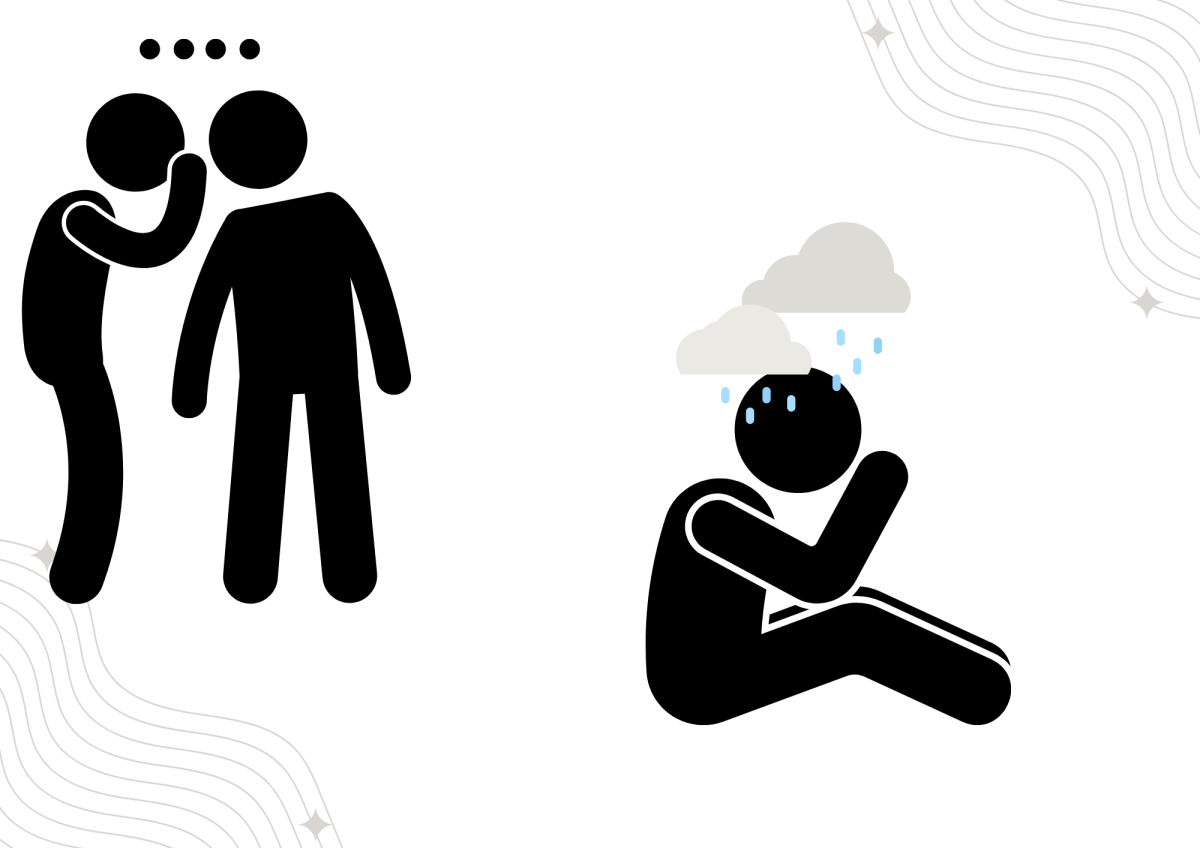When Things Fall Apart Review

https://www.google.com/url?sa=i&rct=j&q=&esrc=s&source=images&cd=&cad=rja&uact=8&ved=0ahUKEwiD98iQpqPXAhWB5oMKHQFUD48QjRwIBw&url=https%3A%2F%2Fwww.amazon.com%2FWhen-Things-Fall-Apart-Anniversary%2Fdp%2F1611803438&psig=AOvVaw0t_pn6x-39v1Dzz_ssQb2m&ust=1509829173770259
There is no doubt that all of us have experienced stress to some degree. Sometimes it seems to pass, and other times it seems like the emotion just stays there. If you were to sum up all the writings of Buddhist monk and teacher Pema Chӧdrӧn, they would shockingly tell the reader to embrace the discomfort, to just sit with it, literally just sit. In her book, When Things Fall Apart, Chӧdrӧn works tirelessly to show her reader another side of life, a way of life that is free flowing and genuinely accepting of whatever happens. She hooks you with her words on the openness of each moment, explaining that “To live fully is to be always in no-man’s-land, to experience each moment as completely new and fresh.”
Chӧdrӧn speaks of the wisdom behind the foundations of Tibetan Buddhism, although her mission is in no way to convert people to her religion. An advocate for meditation, Chӧdrӧn appeals to any individual working to live their existence as awake as they possibly can, completely aware of one’s thoughts and actions. Whilst Chӧdrӧn appears as a teacher, she does not put herself on a pedestal, or in anyway talk down to the reader. She shares personal experiences that have left her divorced, enraged, fearful, and ashamed.
Chӧdrӧn acknowledges that all beings suffer; suffering of life, she says, is something universally felt by us all. However in our modern times we are encouraged to try and escape suffering. We are told from a young age that suffering is bad and that if you walk the right line you can avoid it. This unfortunate lie with which we live by is the only block keeping us from doing the one thing to aid our heart during tough times, to simply sit with it. Staying with the pain felt by all humans, and not letting our mind spinoff about why we are suffering or how we could have avoided it, is what facilitates growth in compassion for all Chӧdrӧn says . By not locking into the particular moment that we find ourselves in at that time, we do not run to our usual methods of escape. We don’t search for a lighter to reinforce an age old habit, we don’t scroll endlessly through feeds full of self loathing, and we don’t inflict pain on others just to make ourselves feel better. We do what seems so obvious. We acknowledge that we are suffering and literally sit without letting our minds go in the direction of self pity, self helplessness, or whatever device we implore at that time.
Although this sounds daunting to anyone, Chӧdrӧn emphasizes that so much of the suffering an individual experiences is ironically created by him or herself. To many this will appear as nothing more than buddhist mumbo jumbo, with absolutely no significance to the real world. But for anyone interested in spirituality, whether applying it in their life or not, this book offers hard insights to come by in our modern world. Chӧdrӧn encourages us all to follow her simple mission; make the world a more universally compassionate place to reside.



































